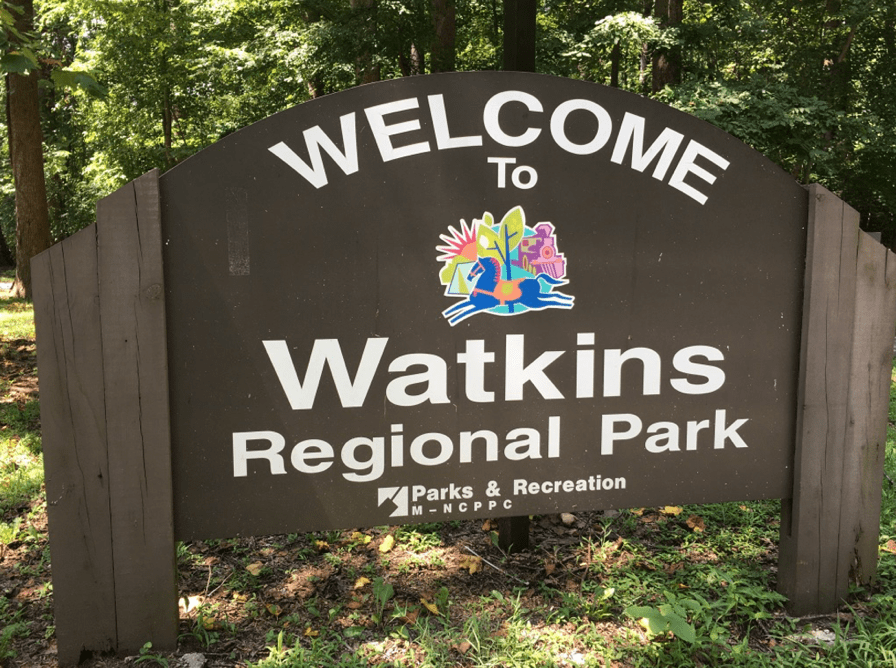
A team of UMD faculty and researchers, which includes Jennifer D. Roberts in the School of Public Health, received a grant from the National Science Foundation to expand Wi-Fi access in regional parks.
The project, conducted in partnership with the Maryland-National Capital Parks and Planning Commission’s (M-NCPPC) Department of Parks and Recreation, aims to see how WiFi might attract more people to urban green spaces and increase internet connectivity in communities—especially residential neighborhoods without Wi-Fi access.
The team, led by Nirupam Roy from the Department of Computer Science, includes Dr. Roberts, an associate professor of kinesiology, as well as representatives from the College of Information Studies, the Department of Plant Science and Landscape Architecture, the Smart Cities Initiative, the Partnership for Action Learning in Sustainability, and M-NCPCC.
The $150,000 planning grant will allow the team to research how people would respond to installing Wi-Fi in Watkins Regional Park.
If the response to the initiative, in community questionnaires and focus groups, is positive, the ultimate goal will be to provide Wi-Fi access in parks regionally.
Dr. Roberts, who also directs NatureRx at UMD, says the goal of the effort is to build resilience within communities, measured by community capital, educational and digital access equity, and wellness. That last component is where Roberts comes in.
“[We want to find out] will wellness be bolstered by implementing wifi green space access?” she said. “So, would people be more likely to go to the park, would they be more likely to walk in the park, would they be more likely to stay longer?”
Dr. Roberts is excited to work with people from so many different research backgrounds.
“The group has such vitality because we all wear these different hats,” she said. “I love when there’s an interdisciplinary type of collaboration because it enriches the project so much.”
Though some may think the initiative is counterintuitive to getting people active, Dr. Roberts isn’t worried.
“That’s what the planning grant is about,” she said. “Maybe there will be Zumba classes, and they’ll have a Wi-Fi component. There could be other aspects, not just people glued to their phones. I see a vision where Wi-Fi can help implement resilience.”